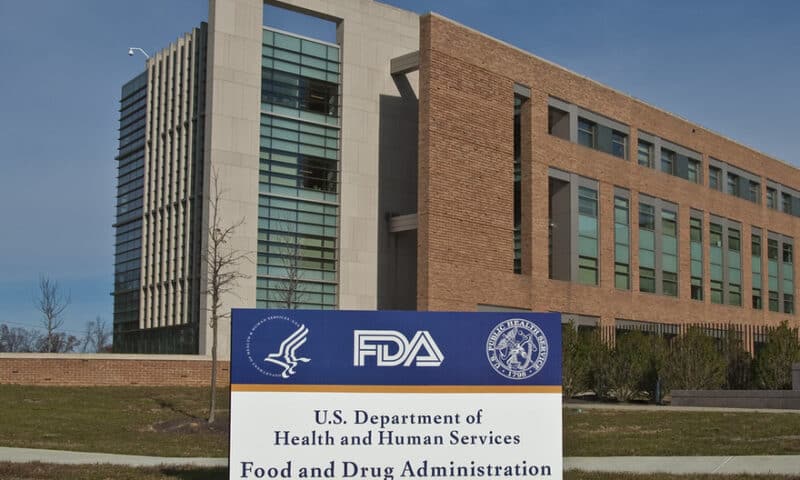A drug that was very nearly culled and needed some serious data digging to find glimmers of efficacy has been broadly backed as “highly persuasive” from the FDA’s briefing documents out Wednesday morning.
Biogen is set for an FDA AdComm this Friday where a panel of experts, now minus a Mayo Clinic neurologist (and critic of the drug) David Knopman, M.D., and as per usual, the FDA has dumped a large PDF file of Biogen’s case for the amyloid beta drug and its initial responses.
In short, many were seeing an approval as a distant prospect, but if American politics is anything to go by, never count your chickens before they hatch, and the early look makes positive reading for Biogen, and its investors, as shares skyrocketed 27% on the release.
Biogen is hoping to get the first Alzheimer’s drug on the market in 15 years, but it’s been a rocky path fraught with setback, failures and media hype.
The data underpinning the FDA filing, and what the documents are discussing today, come from two phase 3 studies dubbed EMERGE (a.k.a study 301) and ENGAGE that tested aducanumab in patients with early-stage and mild Alzheimer’s, as well as from a phase 1b study.
There was a discrepancy between the phase 3 studies—patients in the EMERGE trial (a.k.a. study 302) who got the highest dose of aducanumab had a statistically significant improvement on a clinical dementia scale, but the same patient group in the ENGAGE study did worse than patients taking placebo on that same measure, as well as on a test of cognitive function.
What’s more, the phase 3 program flunked a futility analysis in March 2019, leading Biogen to pull the plug on the studies, but the company about-faced eight months later, saying the analysis was “incorrect.”
Biogen argued the futility analysis was based on a smaller data set that featured fewer patients who received high-dose aducanumab. Adding in the additional data showed aducanumab reduced clinical decline, the company said at the time, and then decided to file. It has little to lose in trying, and its attempt comes after several years of R&D setbacks and mounting pressure on its key franchises.
To some analysts, this was simply data mining, a trick typically used by micro-cap biotechs to try and spin negative data out and hope to hoodwink the market. It’s not something you’d associate with a major biopharma, but analysts for the most part have said the chances of aducanumab’s approval were pretty low.
It looks however that we may be in for a shock. In the briefing documents, FDA says it “agrees that the results of study 302 are highly persuasive and the study is capable of providing the primary contribution to a demonstration of substantial evidence of the effectiveness of aducanumab.
“Study 302 is a strongly positive study on multiple distinct and important clinical measures, robust to numerous sensitivity analyses, and supported by well-characterized biomarker data.”
It added that if aducanumab is effective, “it follows” that study 302 is a positive study and that there “would be patients in study 301 who, based on certain characteristics, should show response of similar character to patients in study 302.”
In conclusion, FDA says that there is “no findings from the exploration that represented evidence that aducanumab is not effective.” Cue Biogen’s shares going through the roof.
There’s even more good news from the moribund amyloid beta theory, which is full or dead trials that failed to move the needle, that may now in fact be resurrected, as the FDA even goes on to say: “Previous late-stage failures of anti-Aβ therapies do not constitute a demonstrated “class failure” and are not particularly informative for the assessment of the effectiveness of aducanumab.”
A quick take from analysts at Guggenheim said the briefing docs “suggests a positive Adcom vote, which bodes well for approval.”
They see this as a big moment for Biogen, which could make $5 billion to an eye-watering $10 billion in peak sales from the drug. A successful launch of aducanumab in its view “has the potential to completely change the profile of the company,” which has been beset by R&D woe and increasing pressure on its bread winning franchise in MS.
An already highly anticipated Friday AdComm for the drug just got a whole lot more interesting.

